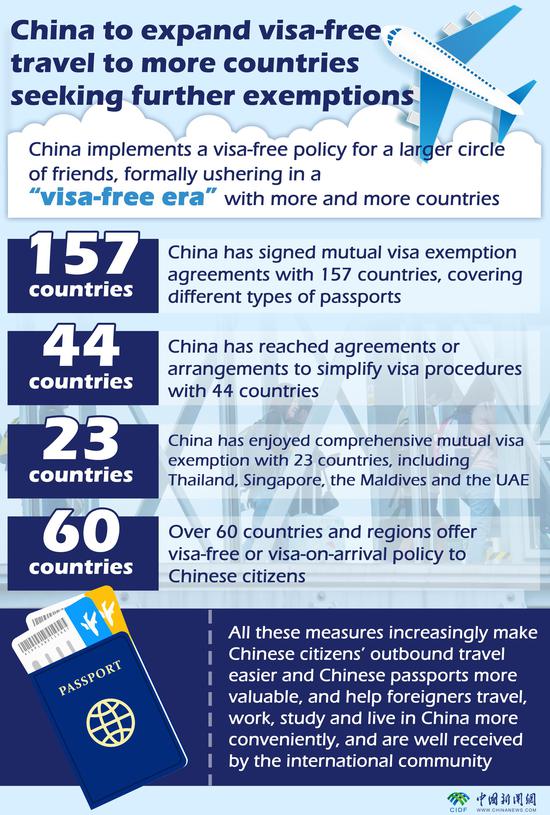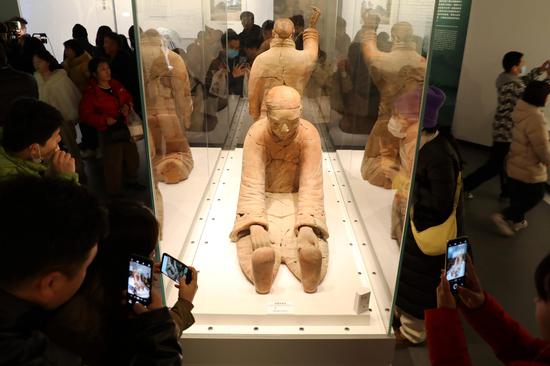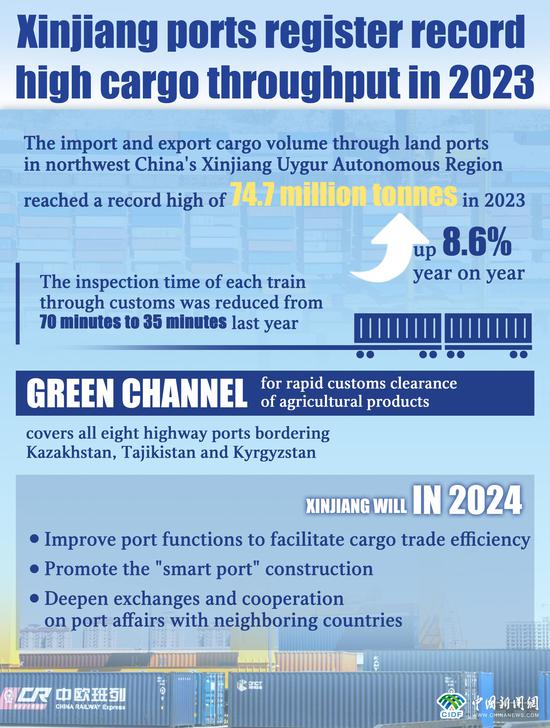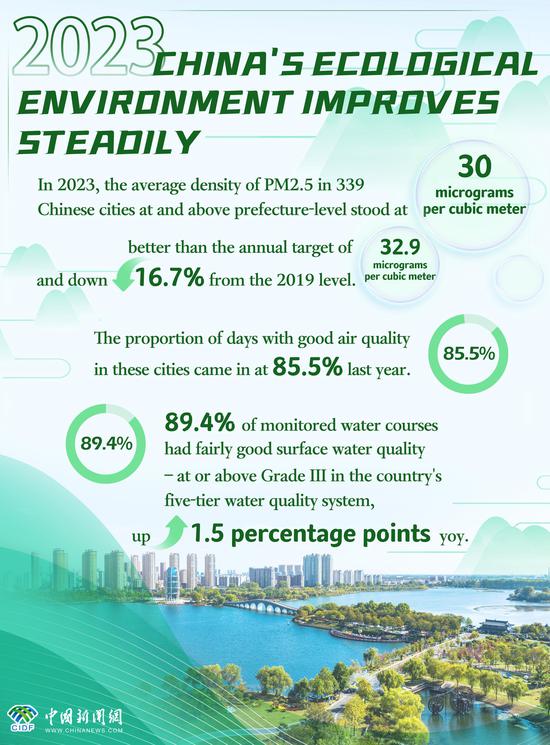A top family planning expert recently called for the development of digital devices and applications tailored to the elderly, as well as steps to increase their digital engagement and literacy.
Wang Pei'an, former Party chief of the China Family Planning Association, said that while rapid digitalization would help alleviate a labor shortage and enable seniors to get involved in social activities through the internet, many older people were confronted with a digital divide.
"Eliminating the digital gap would not only help foster an elderly-friendly environment, but also give rise to new development opportunities in human capital, digital literacy, rural vitalization and the digital economy," he said late last year in an article in Healthy China Observation, a magazine run by the National Health Commission.
Wang, also vice-president of the Committee on Population, Resources and Environment of the 13th National Committee of the Chinese People's Political Consultative Conference, said that close to 50 percent of elderly people are faced with a digital divide that brings inconvenience to their daily lives or hampers their connections to society.
Citing data released by the China Internet Network Information Center, Wang said that around 128 million elderly, or nearly half of all seniors in China, did not use the internet in the second half of 2022.
"The majority of non-netizens live in rural areas, so it is particularly important to help rural elderly bridge the digital gap," he said.
Wang added that a lack of knowledge about computers and the internet and low education levels were the primary factors constraining their ability to get online.
"A survey also shows that nearly 30 percent of elderly rural residents said they did not dare to use smartphones for fear of troubling others, being swindled or other safety reasons," he said.
Wang said that the digital divide would result in an array of issues in the daily lives of the elderly, such as being rejected when trying to pay cash at supermarkets, failing to secure hospital appointments or being unable to grab a taxi in inclement weather.
"The digital divide could also harm social participation and the mental health of seniors," Wang said. "Overall, the more functions that seniors can make use of online, the more positive effects could be felt by them."
Wang added that helping the elderly bridge the digital gap would motivate them to consume more and save less.
"In the age of the digital economy, the quantity of purchases made by the elderly cannot be underestimated," he said. "Given the aging trend in China, tapping into their online consumption potential could help bolster China's economic development."
Wang said intensified efforts are needed to develop devices and mobile applications that cater to elderly people's demands, such as simple, clear and streamlined apps for chatting, watching videos, listing to music and making payments.
"It is also important to foster a willingness to make changes, adjust to and engage in the digital age among the elderly, especially those living in the countryside," he said.
Improving the overall digital literacy of the elderly through community schools and activities would also be significant, as about one in 10 seniors in China have never gone to school.
Wang also suggested mobilizing social organizations, enterprises and volunteer teams to help the elderly engage in the digital sector, especially recruiting seniors who are familiar with digital devices into volunteer teams to help their peers.


















































 京公网安备 11010202009201号
京公网安备 11010202009201号